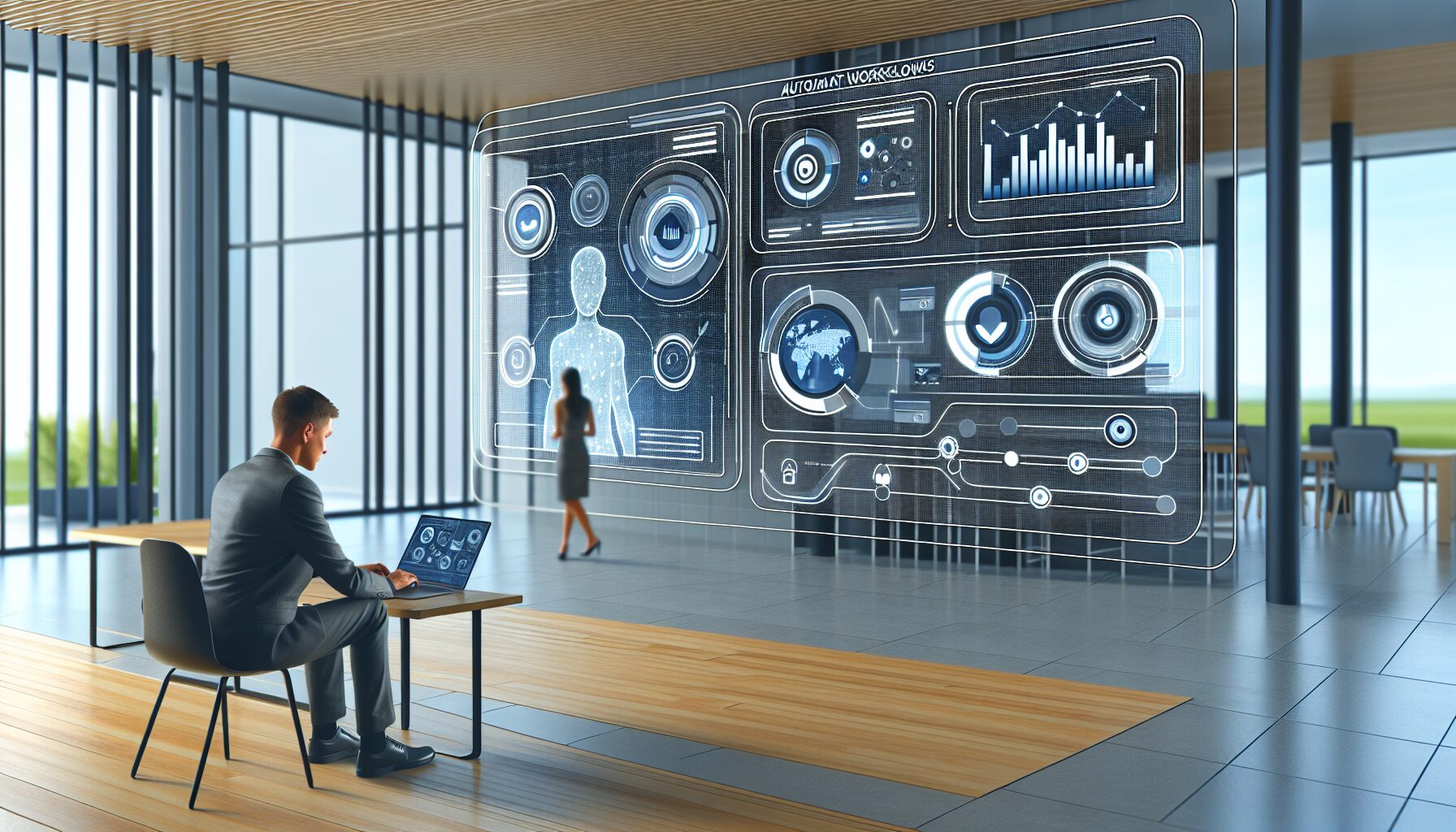The Rise of Automated Marketing in HubSpot
Automated marketing has been a game-changer for businesses looking to streamline their customer engagement and lead nurturing processes. HubSpot, one of the leading inbound marketing platforms, introduced marketing automation features that initially focused on simple email sequences and contact list segmentation. These early tools allowed marketers to save time and reduce manual effort, enabling more consistent communication with prospects.
Over the years, HubSpot has expanded its automation capabilities beyond just email. Today, it integrates workflows that encompass social media scheduling, CRM updates, lead scoring, and multi-channel campaigns. This evolution reflects a broader industry trend where automation is no longer a luxury but a necessity to keep up with the fast pace of digital marketing.
What makes HubSpot’s approach unique is its combination of user-friendly design with powerful customisation options. Marketers can tailor workflows to very specific customer journeys without needing advanced coding skills. This accessibility has democratised automated marketing, allowing small and medium enterprises to compete alongside larger corporations.
How AI Is Shaping HubSpot Automation Today
In 2025, artificial intelligence (AI) is deeply embedded within HubSpot’s automated marketing tools. AI algorithms analyse vast amounts of customer data to personalise content, predict buying behaviours, and optimise campaign timing. This shift from rule-based automation to AI-driven decision-making is transforming how marketers approach their strategies.
For instance, AI-powered chatbots in HubSpot can engage visitors in real time, answering queries and even scheduling meetings based on contextual understanding. Meanwhile, predictive lead scoring helps sales teams prioritise prospects most likely to convert, increasing efficiency and revenue.
Moreover, AI enhances content personalisation by dynamically adjusting email subject lines, blog recommendations, and landing page content based on individual user profiles. This level of personalisation was unimaginable a decade ago but is now standard practice for businesses leveraging HubSpot’s advanced automation features.
The Impact on Marketing Teams and Business Growth
The evolution of automated HubSpot marketing tools has significantly impacted marketing teams’ workflows and overall business growth. With repetitive tasks automated, marketers can focus more on creative strategy and customer experience enhancement. This shift has improved job satisfaction and allowed teams to innovate rather than just execute.
Businesses that effectively use HubSpot automation report higher lead conversion rates and better customer retention. Automation allows for timely follow-ups and nurtures leads through highly relevant messaging tailored to their stage in the buyer journey. This targeted approach reduces churn and increases lifetime customer value.
Additionally, automation provides comprehensive analytics and reporting that empower businesses to make data-driven decisions. Marketers can quickly test and refine campaigns based on real-time insights, leading to continuous improvement and greater return on investment.
Looking Ahead: The Future of Automated HubSpot Marketing
As we look ahead, the future of automated marketing within HubSpot appears poised for even greater innovation. Integration with emerging technologies such as augmented reality (AR), virtual assistants, and advanced voice search optimisation could redefine customer interactions.
We can also expect deeper integration between marketing automation and other business systems like finance or supply chain management, creating seamless end-to-end customer journeys that extend beyond traditional marketing touchpoints.
Furthermore, privacy regulations and data ethics will shape how automation evolves. HubSpot is investing in compliance features that ensure marketers use data responsibly while maintaining personalisation effectiveness. This balance will be crucial as consumers become more aware of their digital footprint.
In conclusion, automated HubSpot marketing has transformed from simple email drip campaigns into an AI-driven powerhouse that personalises, predicts, and performs at scale. Businesses embracing these advances are better equipped to engage customers meaningfully and sustainably grow in an increasingly competitive landscape.
Notes
- HubSpot reported a 150% increase in user adoption of AI-powered marketing tools between 2022 and 2024.
- Marketers using HubSpot automation see an average 30% increase in lead conversion rates.
- AI-driven personalisation can boost email open rates by up to 50%.
- Over 70% of small businesses using HubSpot cite automation as key to scaling their marketing efforts.

